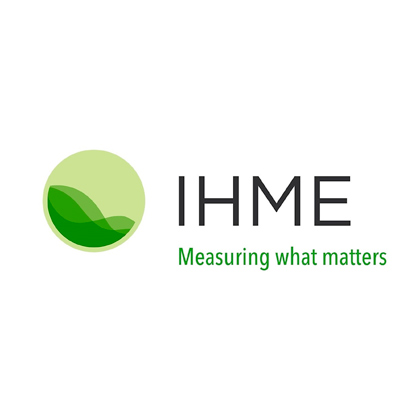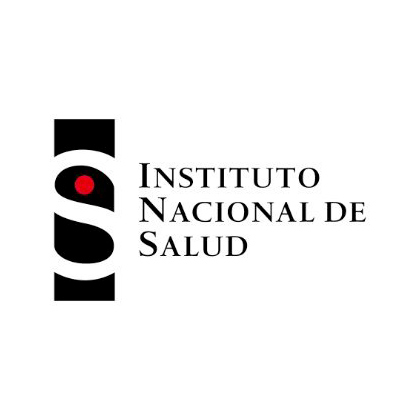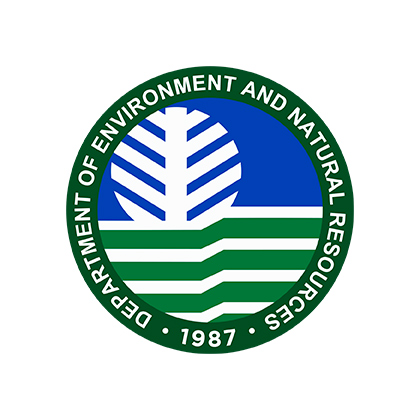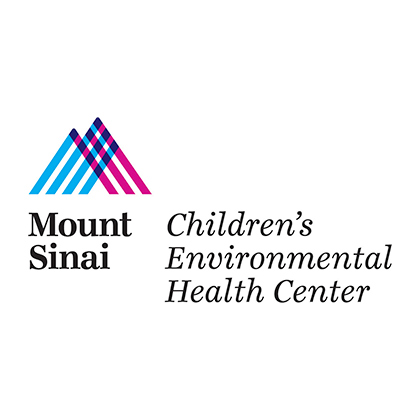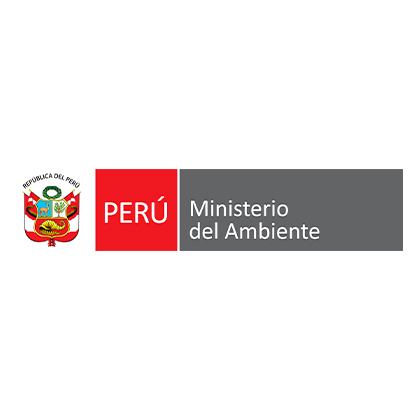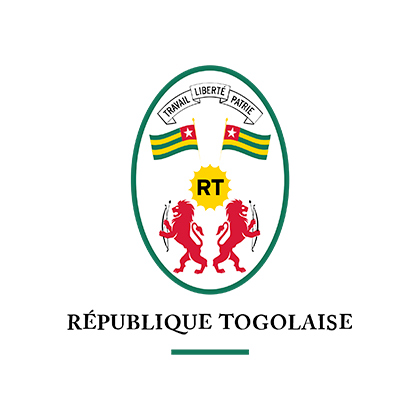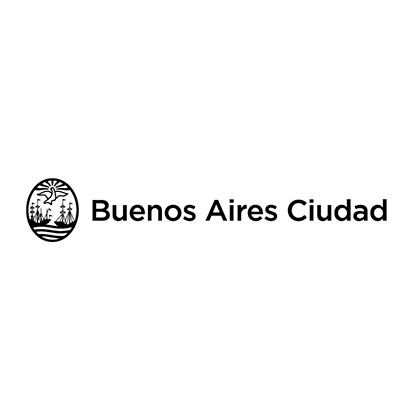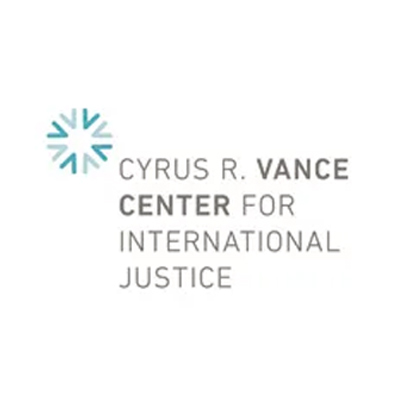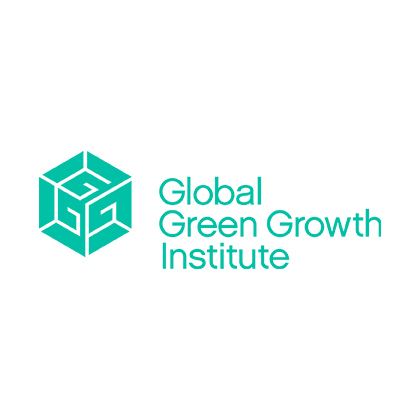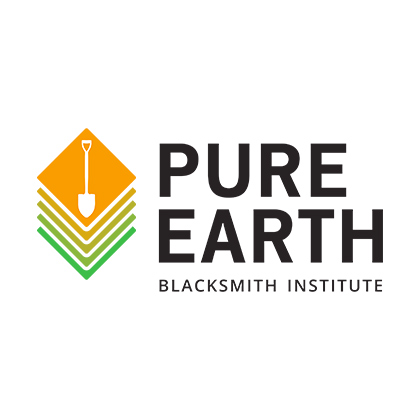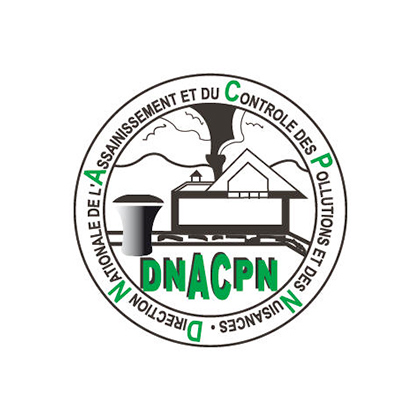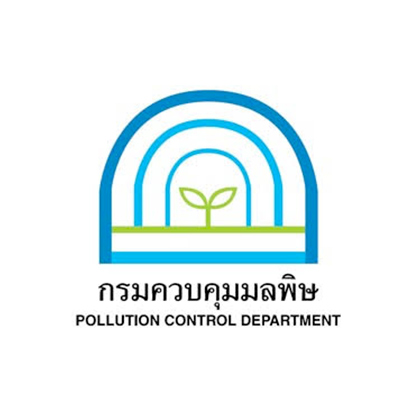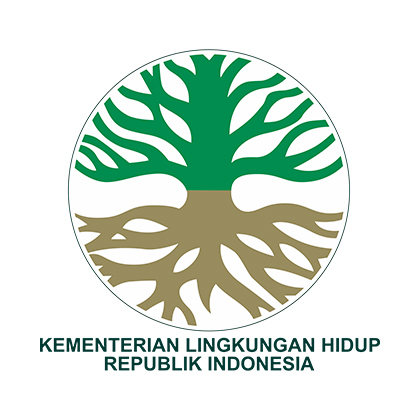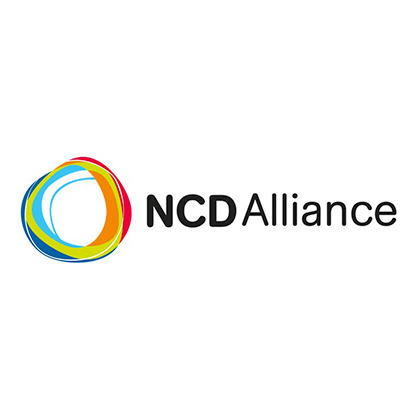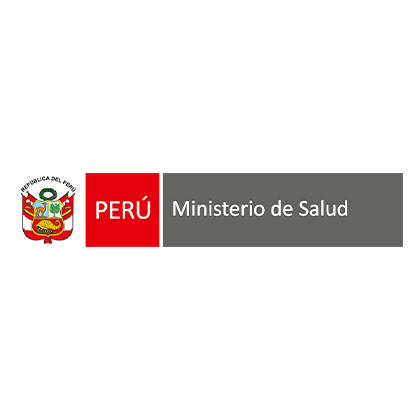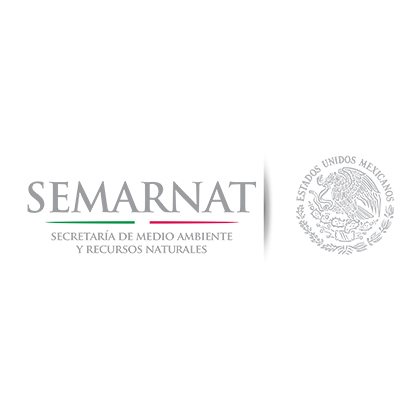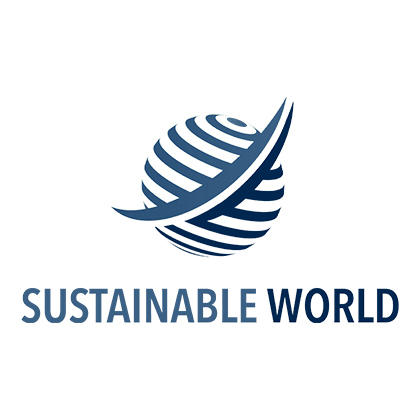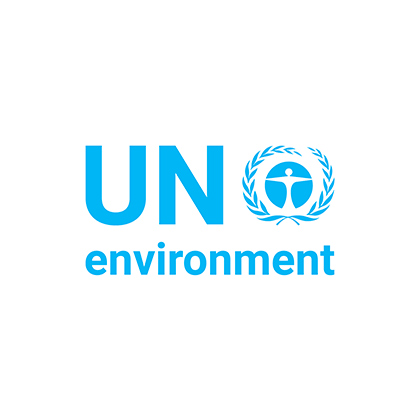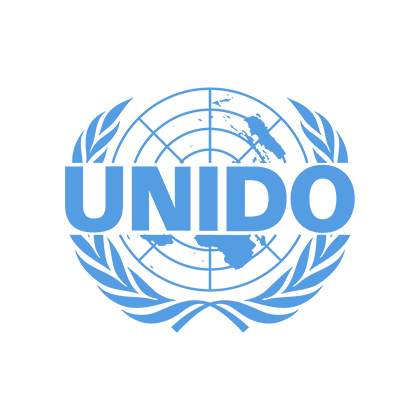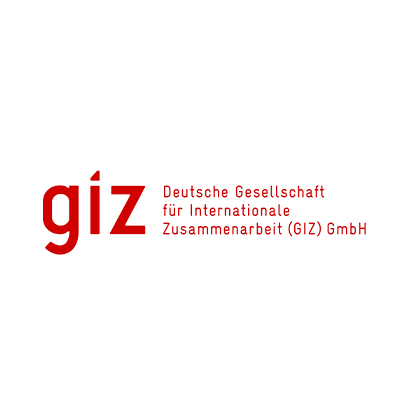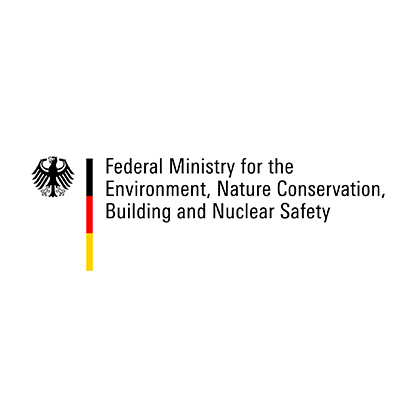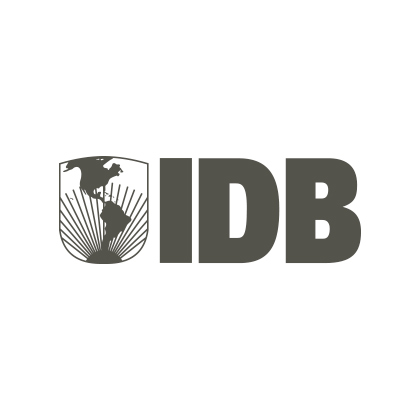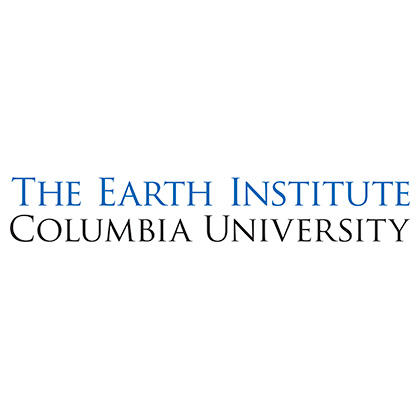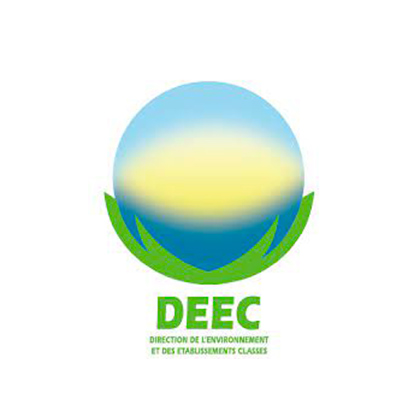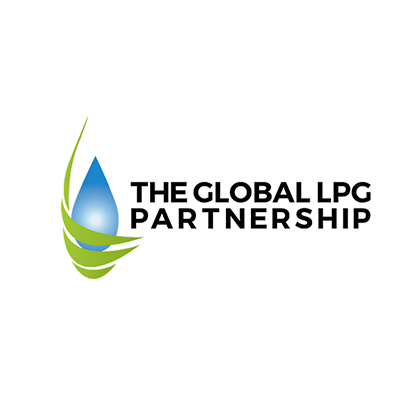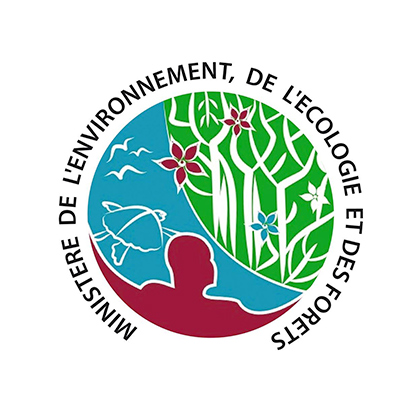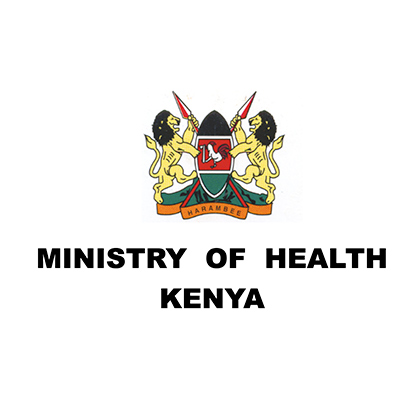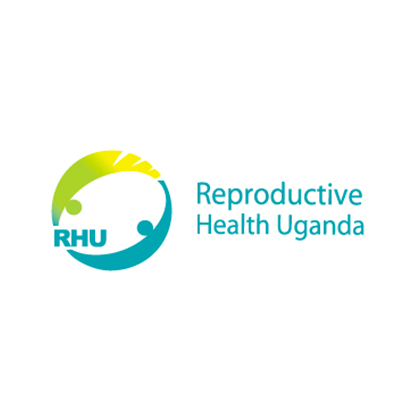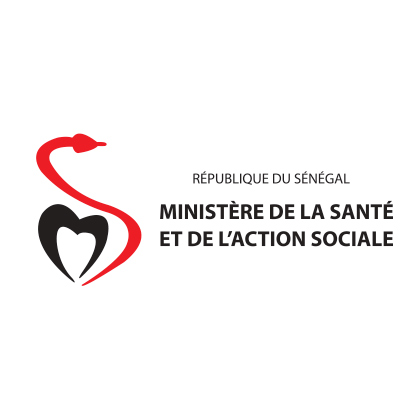
The Lancet Commission on Pollution and Health
The Commission on Pollution and Health is an initiative of The Lancet, the Global Alliance on Health and Pollution (GAHP), and the Icahn School of Medicine at Mount Sinai, with additional coordination and input from United Nations Environment (UNEP), United Nations Industrial Development Organization (UNIDO), and the World Bank.
The Commission comprises many of the world’s most influential leaders, researchers and practitioners in the fields of pollution management, environmental health and sustainable development. It aims to reduce air, soil and water pollution by communicating the extraordinary health and economic costs of pollution globally, providing actionable solutions to policy-makers and dispelling the myth of pollution’s inevitability. The Commission Report was published in The Lancet on October 19, 2017.
The progress update is published in Lancet Planetary Health.
About
Environmental pollution is the single largest cause of disease and death in low- and middle-income countries (LMICs).
Environmental pollution is the single largest cause of disease and death in low- and middle-income countries (LMICs). Data from the World Health Organization and others suggest that in 2012 exposures to polluted air, water and soil contributed to an estimated 8.9 million deaths worldwide. By comparison, deaths from HIV/AIDS, malaria and tuberculosis caused a combined 2.5 million deaths. More than one death in seven worldwide is the consequence of environmental pollution. Despite the tremendous impacts on human health and the global economy, environmental pollution has been undercounted and insufficiently addressed in national policies and international development agendas.
Pollution is strongly linked to poverty. The overwhelming majority of the disease burden from pollution—over 92%—falls on residents of LMICs. The disproportionate poisoning of the poor is a global environmental injustice. In addition to impacts on human health, pollution carries an economic cost that is often overlooked. Pollution-related illnesses result in direct medical costs, costs to healthcare systems and opportunity costs resulting from lost productivity and economic growth.
The good news is that pollution controls are feasible, cost-effective and replicable. The most effective strategies control pollution at its source. In many countries, lead has been removed from gasoline, industrial discharges to air and water are controlled and highly toxic pesticides have been replaced by safer substitutes.
Pollution-related illnesses result in direct medical costs, costs to healthcare systems and opportunity costs resulting from lost productivity and economic growth.
Nevertheless, environmental pollution has not received the priority it merits in the international development agenda. We need to measure and demonstrate the true costs of pollution, and the urgency of addressing it now for the benefit of current and future generations.
Methodology
The updated report on pollution and health, published in 2022 in Lancet Planetary Health, is a review of progress in this area since the publication of the original Lancet Commission report in 2017.
The report’s assessment of the global health impact of pollution uses the most recent data produced by the Institute for Health Metrics and Evaluation’s Global Burden of Disease (GBD) study (2019). GBD estimates of disease and death due to pollution are based on pollution risk factor-disease pairs for which there is currently broad scientific consensus for a causal relation between exposure and adverse health outcome(s), and for which reliable assessments of global risk can be made. The report consequently presents a conservative estimate of pollution’s health effects.
The report assesses progress on two broad categories of pollution: risk factors which are associated with poverty - indoor air pollution, inadequate sanitation, and poor water quality – and those associated with urbanization and industrialization – ambient air pollution and chemical exposures. These risk factors were selected from the GBD 2019 database.
The report’s assessment of the global health impact of pollution uses the most recent data produced by the Institute for Health Metrics and Evaluation’s Global Burden of Disease (GBD) study (2019). GBD estimates of disease and death due to pollution are based on pollution risk factor-disease pairs for which there is currently broad scientific consensus for a causal relation between exposure and adverse health outcome(s), and for which reliable assessments of global risk can be made. The report consequently presents a conservative estimate of pollution’s health effects.
The report assesses progress on two broad categories of pollution: risk factors which are associated with poverty - indoor air pollution, inadequate sanitation, and poor water quality – and those associated with urbanization and industrialization – ambient air pollution and chemical exposures. These risk factors were selected from the GBD 2019 database.
The report’s analysis of the economic costs of pollution’s health impacts was conducted using the human capital approach. This methodology assesses the output lost when a person dies prematurely. For more detail on this approach, please click here.
Country strategies are used by development agencies to determine priority areas for support to national governments. To assess the frequency of support for pollution control programs in Country Partnership Frameworks and equivalent documents developed by the World Bank, regional development banks, and the United Nations Development Program (UNDP), a text analysis was performed across these reports for the years 1995-2020, covering a period when new efforts on pollution could be expected to begin emerging. For more details on the methods used, please refer to the report Appendix.
A similar textual analysis was conducted of approximately 1.8 million English language media items over the course of 2017-2020. Factiva, a media database owned by Dow Jones, was used for data analysis. Factiva aggregates content from both licensed and free sources from nearly every country worldwide. For more details on the search methods, please refer to the Appendix.
This update also used the extensive experience of the authors, with expertise in pollution challenges across the globe, to identify issues of increasing concern, which include impacts of heavy metals and chemicals, the intersection of air pollution and climate change and the growing transboundary impacts of pollution through food and other products, as well as by air and ocean transport. The authors identified many examples where progress was being made in tackling pollution in major urban areas . For details, please refer to the report Appendix.
Partners and Donors
The 2022 Pollution and Health: A Progress Update report was made possible by financial assistance from the Swiss Agency for Development and Cooperation and the Swedish Ministry of Environment.
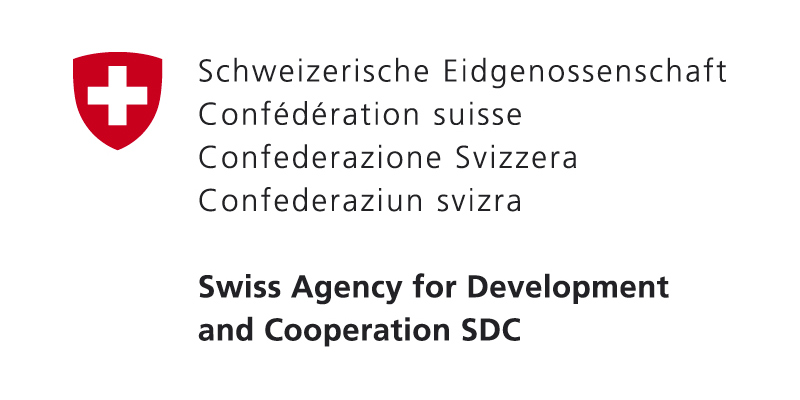

The 2017 Lancet Commission on Pollution and Health was made possible by financial assistance from the European Union, UN Industrial Development Organization, the Swedish Ministry of Environment and Energy, the German Federal Ministry for the Environment, Nature Conservation, Building and Nuclear Safety, Royal Norwegian Ministry of Health and Care Services, the US Agency for International Development, the US National Institute of Environmental Health Sciences, the Icahn School of Medicine at Mount Sinai, and Pure Earth.


